If you’ve been around the Christian mom blogging community for a while, you’ve most likely heard of Kelsey Kilgore, who blogs as Holy Mama. A west Texas mom of four, Kelsey recently published her first novel, A Love for Larkspur. She’s also a gifted humor writer and encourager for stressed-out, battle-worn parents.

Hi Kelsey. How’s the weather in Texas? Have you seen any more tumbleweeds lately?
Here in West Texas, it is HOT. We went to three baseball games on Saturday and at the start of the second game, it was 107 degrees. By the end of the third game it was cooling off at 100, and it felt lovely. Really! West Texas heat is dry, never humid, and that helps.
It’s so hot here, that vets recommend shaving your long-haired cats in the summer.

Isn’t he CUTE?! My ten-year old, Ethan, made the little purple shawl. I haven’t seen any tumbleweeds, but it isn’t really the season now — the best ones are found in
winter.
Oh, that cat is ADORABLE — and the shawl too! Can you describe for us a typical west Texas summer scene? I mean, do people really walk around wearing cowboy hats and boots?
Why, yes …. yes you do often see hats and boots here, year-round. But that’s the exception, not the rule.
A typical scene … I don’t get out much and my life revolves around children, so bear with me. What comes to mind are endless Saturdays of kids’ sporting events, the happy shrieks of kids splashing at a swimming pool, and grilling outdoors with family. None of that sounds particularly unique to this part of the country, now that I think about it.
Oh! We feed prairie dogs sometimes, just for fun. They like pretzels and carrots.
A pretzel-eating prairie dog — now that’s definitely not something I’ve ever seen here in Georgia!
OK, I’ve been reading your blog for years. Do you think writing can help alleviate some of the major stresses moms face today?
Writing alleviates some of MY stresses as a mom. But other moms I talk to often say that writing would only add to their stress — everyone’s different. It’s not my major stress reliever — blogging, for me, is more of a tool for documenting my kids’ childhoods and these years in general.
I know this is a fast-paced time period, and I forget so much! I want to always be able to look back and see what I wrote/thought/believed during this time. I don’t mind sharing my life with whoever might be interested in reading about it — but largely, it’s written for the future me!
I agree — if I don’t write it down, I forget it! What else do you find to be a good stress reliever?
My two main stress relievers are cleaning and exercise. Preferably something fairly violent, with lots of punching and kicking of other individuals, but a punching bag will do. Since I tore my left ACL in September, I’m not cleared yet to go back to kickboxing.
In the meantime, I’m trying to build up strength and endurance so I’ll be ready for it again when the doctor gives the go-ahead in December. I haven’t always been this way — I only started exercising after antidepressants stopped working for postpartum depression after my 4-year-old was born.
Have you always wanted to be a writer?
Not really. Most of the time I don’t even think of myself as being a writer, even now. Writing was something that came very easily to me, and I knew it would always help me out in whatever I ended up doing. As it turns out, I’ve ended up mothering, mostly, with a little writing on the side. Next year all the kids will be in school full time, and maybe then I’ll be writing more — and thinking of myself as more of a writer!
Did you have a teacher or mentor who particularly encouraged you with writing?
Yes, Penny Arrington, high school English teacher extraordinaire. She was the sort of crazy-tough teacher that you either adored … or feared and had nightmares about for the rest of your life. (I mean that in a good way.)
She had super high standards and she expected every single student to meet them — and she pushed us very hard in order to help us get there. I admired that. I admired her. Still do. She’s a high school counselor now, and we had dinner about a year ago when I went back to my home town for a brief visit.
How did you get started writing fiction?
It was a God Thing. A very, very weird God Thing. One night, a very long time ago, I had a vivid dream with all sorts of interesting people. I woke up in the middle of the night and had a sense that I should make it into a book.
In order to let that crazy thought go, I prayed something I should never have prayed. I said, “God, if you want me to write that, help me remember all of it because I usually forget dreams. Amen and goodnight.” And I thought I’d go back to sleep. Instead, I stayed awake all night and scene after scene played out in my head in a way I’d never before (or since) experienced.
So the next day, exhausted, I started to write. It took almost a year. And what came out of that was truly a terrible read. But what ALSO came out of that was a whole year of hands-on learning in what to do and what not to do in fiction writing.
I learned so much from that experience — I wouldn’t trade that awful manuscript for anything! And nor would I read it again, for anything! Or subject anyone else to it — but still, it is precious to me if only in its immense personal value!
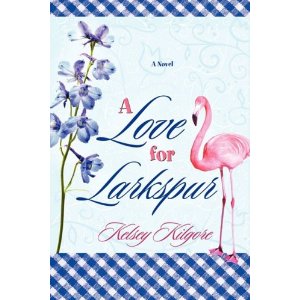
In your debut novel, A Love for Larkspur, your main character, Lark, has a close relationship with her mom. Is this based any on your relationship with your mom?
I wanted a good mom-daughter relationship in the story. At the time I wrote it, I was living here in Texas and my own mom was living in Australia. I only saw her once or maybe twice a year. I was also dealing with a mother figure in my life who was painfully, and suddenly, rejecting me.
Those feelings and issues are in there, and I intentionally wrote a strong, positive mom figure into the story so it wouldn’t come off as so “anti-mother!” That being said, my own wonderful mother is extremely different from Lark’s wonderful mother.
Do you enjoy having your mom live closer to you now? What’s your favorite activity to do with your mom?
Now that my mom DOES live close by, I’m so grateful for all the time we spend together! We like to shop or go eat or take the kids swimming. Occasionally she’ll get me to go antiquing with her (not my fave) or we’ll plant flowers or do yard work together.
For those of us who aren’t from Texas, can you tell us about larkspur? When does it bloom?
Larkspur is in bloom right this very second at my house, as you can see, next to golden Stella d’Oro daylilies.

The foliage is delicate, and ferny, and can look very much like a weed to a novice. So when we moved into our last house and a flowerbed seemed to be overrun with these little weedy plants, I tried to pull them all out.
Eventually, after ripping out thousands of them, I gave up. I was shocked to discover what the “survivors” turned out to be! And of course I wished that I’d left them alone. In subsequent years, that flowerbed recovered from my misguided efforts and every June it became a traffic-stopping display of the prettiest larkspur in town. The ones in the photo above were planted from seeds I took from our last house.
Why did you choose this name for your character?
I like unusual character names, and I love plants and flowers. It just worked out to combine the two!
In your novel, Lark enjoys jogging to ward off her stress. Do you also find exercise helps you cope? How do you make yourself go to the gym? Do you have any tips for the rest of us?
When I wrote about Lark jogging, I hadn’t started running. I’d always wanted to, but didn’t think I’d be any good and hadn’t ever tried. I’m a runner now, but I’m fairly new.
When the antidepressants stopped working for the postpartum depression, the doctor suggested hardcore exercise. And I hated this idea. Everyone else at the gym was probably skinny and knew what they were doing — and I had baby-weight and varicose veins. I had no business being there. But the drugs weren’t working and my depressed face-planting on the carpet wasn’t working out so well, so I committed.
I made myself go to the gym and exercise every single day — even though I couldn’t stand it — for six weeks. And then I noticed that I liked it. After that, I let myself go just four times a week if I wanted to, and if it felt like it was enough to keep me sane — but oddly, I usually wanted to go more frequently than that.
Now I still go because I want to. I don’t feel like I’m myself if I skip for very long. That’s all the motivation I need. (And I like to work out at home or go for a run or try other gyms. Not being tied to one location helps). But whatever motivation YOU need? Give it to yourself.
If you want to schedule it so you watch Project Runway while you’re on the treadmill, go for it. Whatever works, within reason, is worth it. Before long, you won’t need to be so creative. But don’t let yourself think, like I did, that you don’t belong or you’re not good enough, or you’ll never fit in with the skinny group. I have social anxiety issues, can you tell?
Oh! And make yourself try a class! I like almost all of them. I’m not coordinated enough for Step classes, but am not above making a total fool of myself in a Zumba class or dropping the barbell on my foot in a weightlifting class. Gyms are full of dorks like me, so it turns out, I fit right in. (And I did get skinny! And sane. Okay, well, no, that’s a total lie, but sane for ME, and I even wear shorts. Short ones!)
I read in ParentLife magazine that you’ve found blogging to be a good way to share your faith. In your four years of writing online, what has been the most positive aspect of blogging?
Overall, the most positive moments have also been the hardest. Our 16-year-old daughter has been a challenge to raise, and we’ve had a heartbreaking four years of placing her in various residential treatment centers and trying to navigate through her psychological/emotional/mental issues and stay strong (and safe) as a family. Sometimes we’ve been successful, and at others we haven’t.
My heart aches for the parents in similar situations who find me by googling various diagnoses their children have been given, and we often end up in long, tearful but supportive email exchanges. None of that happens on my website where people see it — it’s a behind-the- scenes operation that can be emotionally draining, time-consuming, and a wonderfully precious way to tell a mom or a dad, “You are not alone. And you will be okay. I have lived through this and so will you. There is life on the other side of this.”
I remember all too well those dark, hopeless periods of parenting her, and these people often write from that same desperate place — and are stunned at finding someone who understands what no one else in their life has understood. They’re good parents. They’re trying their hardest, and they’re falling apart by the time I hear from them. Those conversations are often divinely timed and inspired.
I’m honored at the way God uses my little website to bless these sweet, depleted parents. I had no idea that sort of thing would ever happen, much less, regularly. But it does, and those exhausted, often misunderstood parents are dear to me in a way I find difficult to explain. Their stories are mine as well — one I don’t often write about except in my emails to these dear strangers.
Kelsey, you have an amazing ministry. Keep it up! Who knew blogging humorous slice-of-life stories would put you on the front lines encouraging battle-weary parents?
Now, back to your fiction writing, do you have plans to write any mom-lit in the future?
Yes, well, maybe. In theory. But you know what always stops me? It feels weird to create children’s characters that are wonderful that I want to spend time with, and yet they’re not my own children. Characters become so real to me, it feels disloyal in a sense.
All the best parts of my male leads come straight from my husband, so I’ve never felt conflicted there. One day I’ll resolve that in my head and make it work. I adore writing about kids and what they say and how they think — I just haven’t transferred that over to fiction yet!
I hope you will someday! In closing, do you have any advice for moms who desire to write with a house full of kids, dogs, cats, and piles of laundry?
You can do it. It doesn’t matter if it’s good. It’s YOURS. And just because of that, it has value and so it’s worth the effort. If you want to write, you really, really, really should. If it’s for an audience one day, great! If it’s not, that’s just as great! Your thoughts and ideas and creativity deserve an outlet, and if writing is the one you choose, I applaud the choice.
Don’t let the kids, pets, and laundry be your excuses not to do it. I wrote entire book-length manuscripts while breastfeeding babies and perfecting the One-Handed Because I’m Holding a Baby ALL THE TIME And Look — There’s One On My Boob Now Isn’t He CUTE Typing Style.
It can — and should — be done, regardless of children, laundry, or other bits of Life. My mom once gave me the book Anybody Can Write, by Roberta Jean Bryant. I recommend it.
THANK YOU, THANK YOU, THANK YOU, Kelsey! You’ve offered us so many great ideas. I think we’re all ready to lasso our next challenge. Yee-ha!
Be sure to visit Kelsey Kilgore’s website and Holy Mama blog, where she rounds up her highly entertaining tales of motherhood and occasional recipes involving pine nuts.






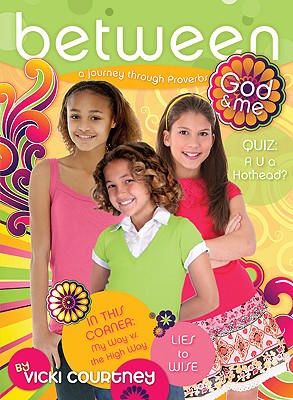

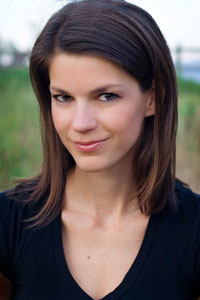
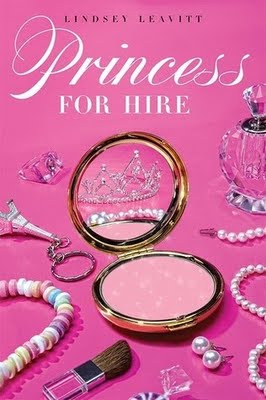
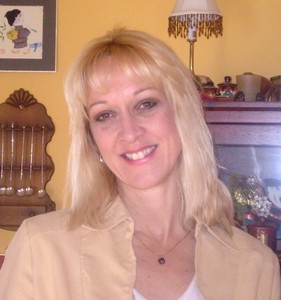
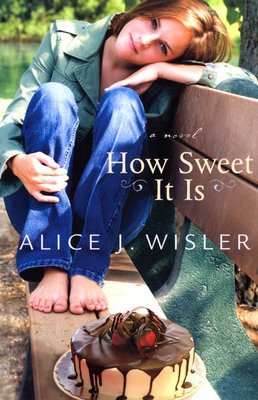
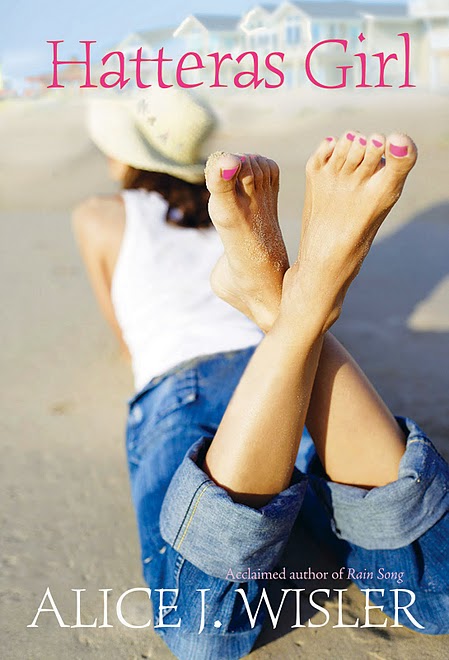




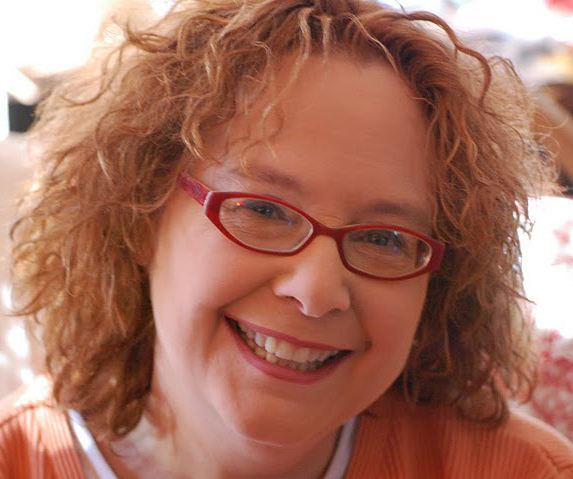
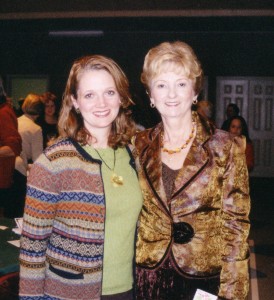
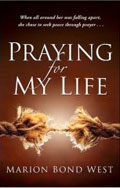

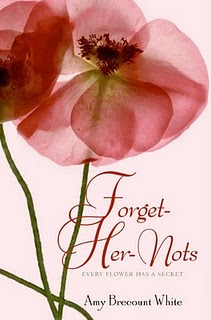

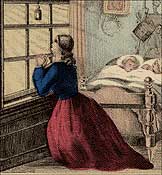 I hope all of you moms out there are having a great summer, enjoying these school-free days with your children. I’m keeping busy driving kids to summer camps and the pool.
I hope all of you moms out there are having a great summer, enjoying these school-free days with your children. I’m keeping busy driving kids to summer camps and the pool. 